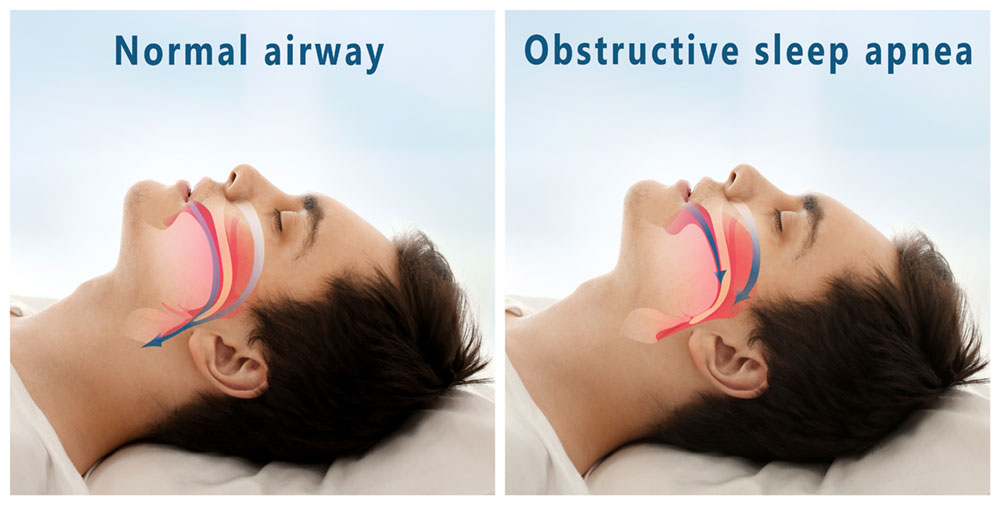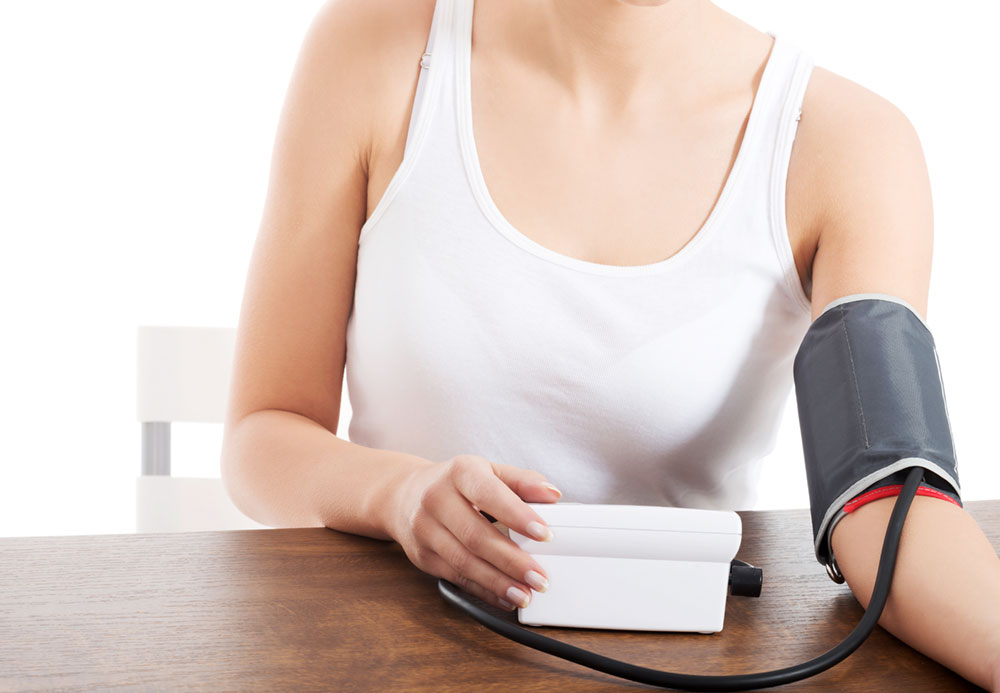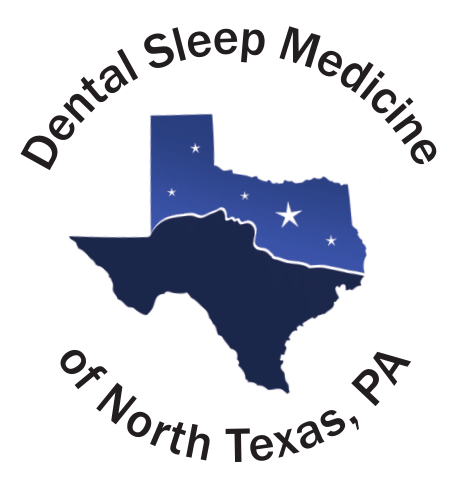Recognizing Sleep Apnea
Sleep apnea is a serious sleep disorder that affects many people without them realizing. The most accurate way to diagnose sleep apnea is through a sleep study, also known as polysomnography. If you’re experiencing symptoms of sleep apnea, it’s important to undergo a sleep study to determine the type of sleep apnea you have and to find the proper treatment solution.
At Dental Sleep Medicine of North Texas, our sleep dentist Dr. Scott Clinton can help you find an effective treatment to combat your sleep apnea symptoms. Read our friendly guide to understand how sleep apnea can affect your health.

Sleep Apnea Symptoms & Warning Signs

Sleep apnea can manifest in a variety of symptoms and warning signs, such as:
- Irritability
- Insomnia
- Lack of energy and motivation
- Frequent urination at night
- Loud or persistent snoring
- Gasping for air during sleep
- Frequent interruptions to your sleep
- Hypersomnia (excessive and persistent drowsiness or fatigue)
If you’re experiencing any of these symptoms, we recommend undergoing a sleep study. Our team can help connect you with trusted and experienced sleep specialists in Waxahachie.
What Types of Sleep Apnea Are There?
Obstructive sleep apnea (OSA) is the most common form and is caused by the relaxation of the muscles at the back of the throat, which leads to the airway closing and disrupting oxygen flow into your lungs. Oral appliances are a great solution for patients who suffer from mild-to-moderate obstructive sleep apnea.
Central sleep apnea (CSA) is less common and has more to do with your central nervous system, which results in poor communication between your brain, muscles, and lungs. Treatment for central sleep apnea is very different from treatment for obstructive sleep apnea, so it’s important to schedule a consultation and determine which applies to your needs.

Common Risk Factors

Both types of sleep apnea can be exacerbated by common risk factors, including:
- Age
- Gender
- Family history
- Excess weight
- Smoking
- Alcohol use
- Nasal congestion
- Neck circumference
Importance of Getting the Proper Diagnosis
Almost 80 percent of people with sleep apnea don’t realize they have it, so it’s crucial to get tested if you share any of these risk factors. Getting diagnosed and treated for sleep apnea is crucial because it can not only save your life but also dramatically improve its quality. Sleep apnea can increase the risk of:
- High blood pressure
- Heart problems
- Type 2 diabetes
- Metabolic syndrome
- Liver problems
- Complications with prescription medications

Sleep Apnea and Your Well Being
Sleep apnea can reduce the amount of time you spend sleeping and affect the quality of your sleep, leading to headaches and low energy levels throughout the day. These effects can impact your work and relationships, reducing your motivation and energy levels. Additionally, sleep apnea is associated with depression, which can impact your self-beliefs and energy levels.
Treatment for sleep apnea can make a significant difference in your physical and emotional health, leading to improvements in your daily life. The benefits of treatment can be profound and life-changing.
Frequently Asked Questions
Can a deviated septum cause obstructive sleep apnea (OSA)?
A deviated septum can make your sleep apnea symptoms worse by further narrowing your airway. However, there isn’t any evidence that suggests a deviated septum alone can cause sleep apnea.
Can sleep apnea cause anxiety?
Sleep deprivation can lead to anxiety, but the connection between sleep apnea and anxiety is often unclear. Patients with anxiety may be at a higher risk for developing sleep apnea, and treating one condition may alleviate the other.
What causes airway obstruction?
There are various causes for an obstructed airway, some of which is out of your control. Factors such as obesity and physical traits, such as an enlarged neck, can cause airway obstruction, which results in sleep apnea. An individual who lives with obesity often develops sleep apnea due to enlarged tissues in the throat or mouth.
Schedule Your Consultation With Our Waxahachie Sleep Dentist!
If you’re experiencing symptoms of sleep apnea, we urge you to undergo a sleep study to determine the type of sleep apnea you have and to find the proper treatment solution. Contact our Waxahachie office at (972) 737-5337 to learn more about sleep apnea and how we can help improve your quality of life.
You can book your appointment below, and we’ll get right back to you. We proudly serve patients in the South Dallas area, such as Red Oak, Midlothian, Maypearl, and Ennis, TX.
